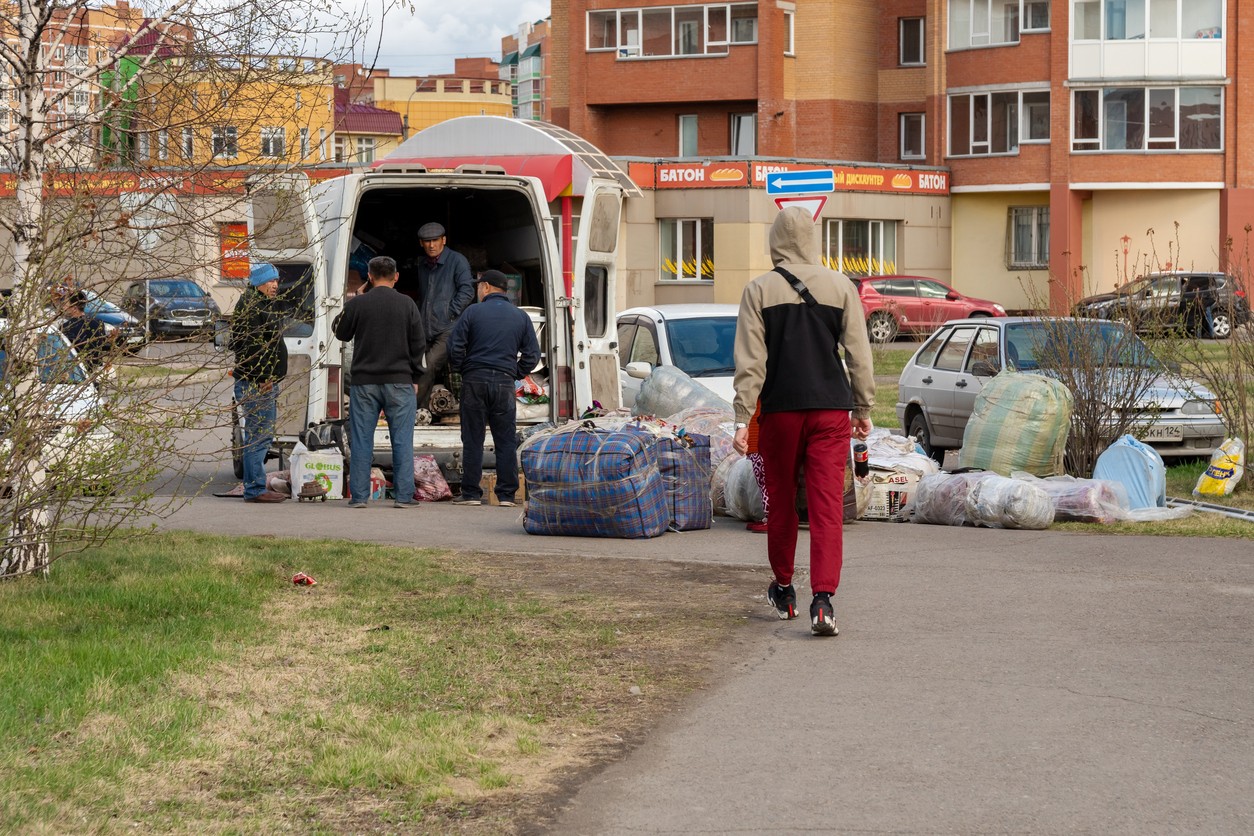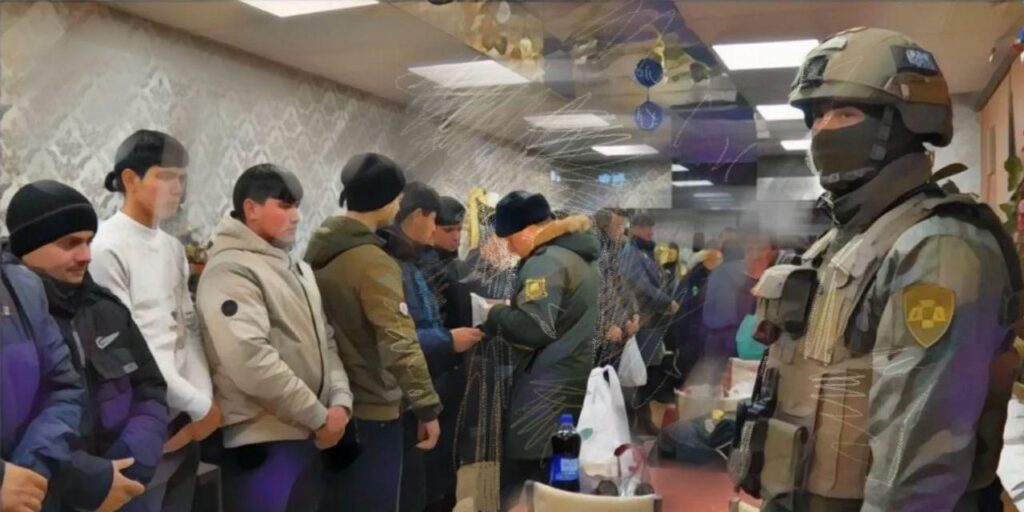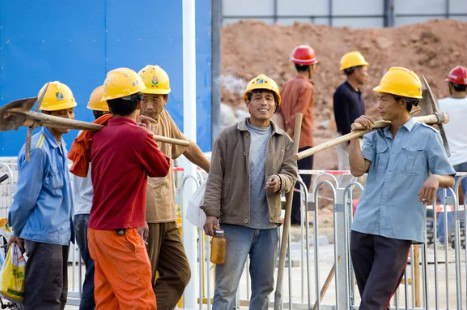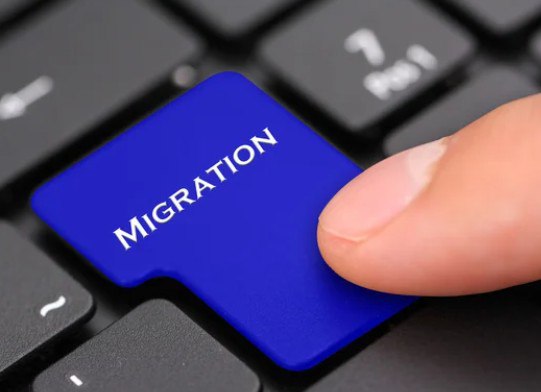Russia is considering a bill that could restrict the right of migrant workers to bring their families into the country. The initiative from LDPR deputies, led by Leonid Slutsky, has already sparked active discussions among politicians and society.
The main goal of the proposed law is to reduce the inflow of uncontrolled migration and the ensuing public tension. Particular reference is made to the many migrant families living in Russia who accumulate debts for public utilities and create enclaves where local laws and customs are often ignored. The bill suggests that with the exception of highly qualified specialists, the presence of a work contract or a patent, should no longer be a reason for migrants to move their families to Russia.
This bill is not the only measure aimed at tightening the migration policy in Russia. In 2022, a “controlled stay” system was introduced, strengthening control over migrants on the country’s territory.
In recent years, Russia has also introduced labor migration quotas limiting the number of jobs available to foreign nationals, especially in construction, trade, and other low-skilled sectors. These quotas were further tightened, resulting in fewer migrants entering the country.
Another measure was the introduction of compulsory health insurance for migrants, adding a financial burden to those coming to work in Russia. In addition, strict language and cultural integration requirements have been introduced, including mandatory Russian language training and exams on the country’s history and culture.
Such actions have drawn criticism from human rights activists, who believe that the restrictions could increase social tensions and make life difficult for migrants already living in Russia.









